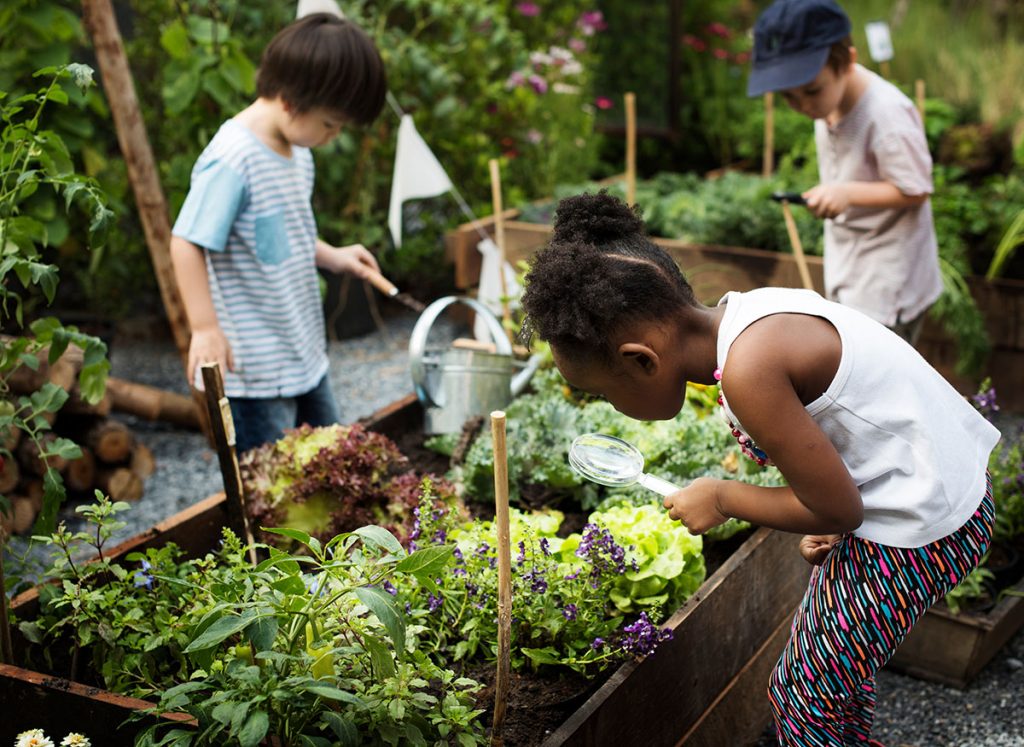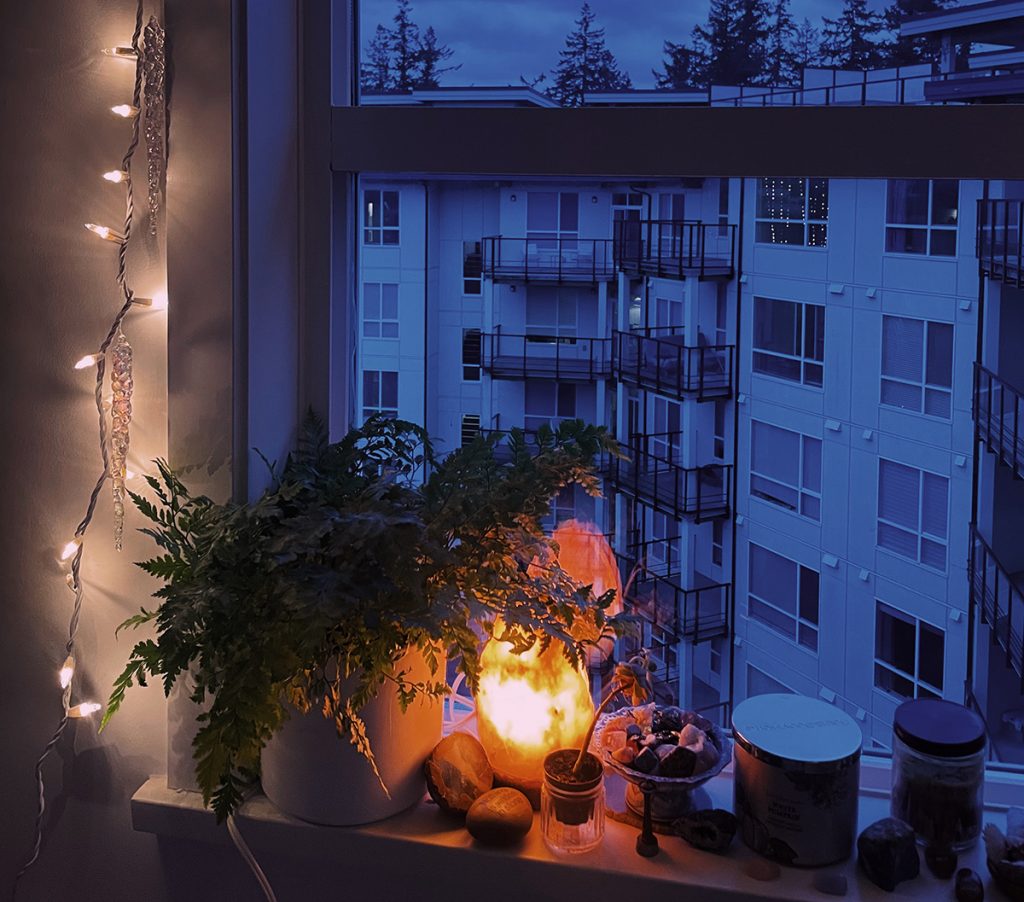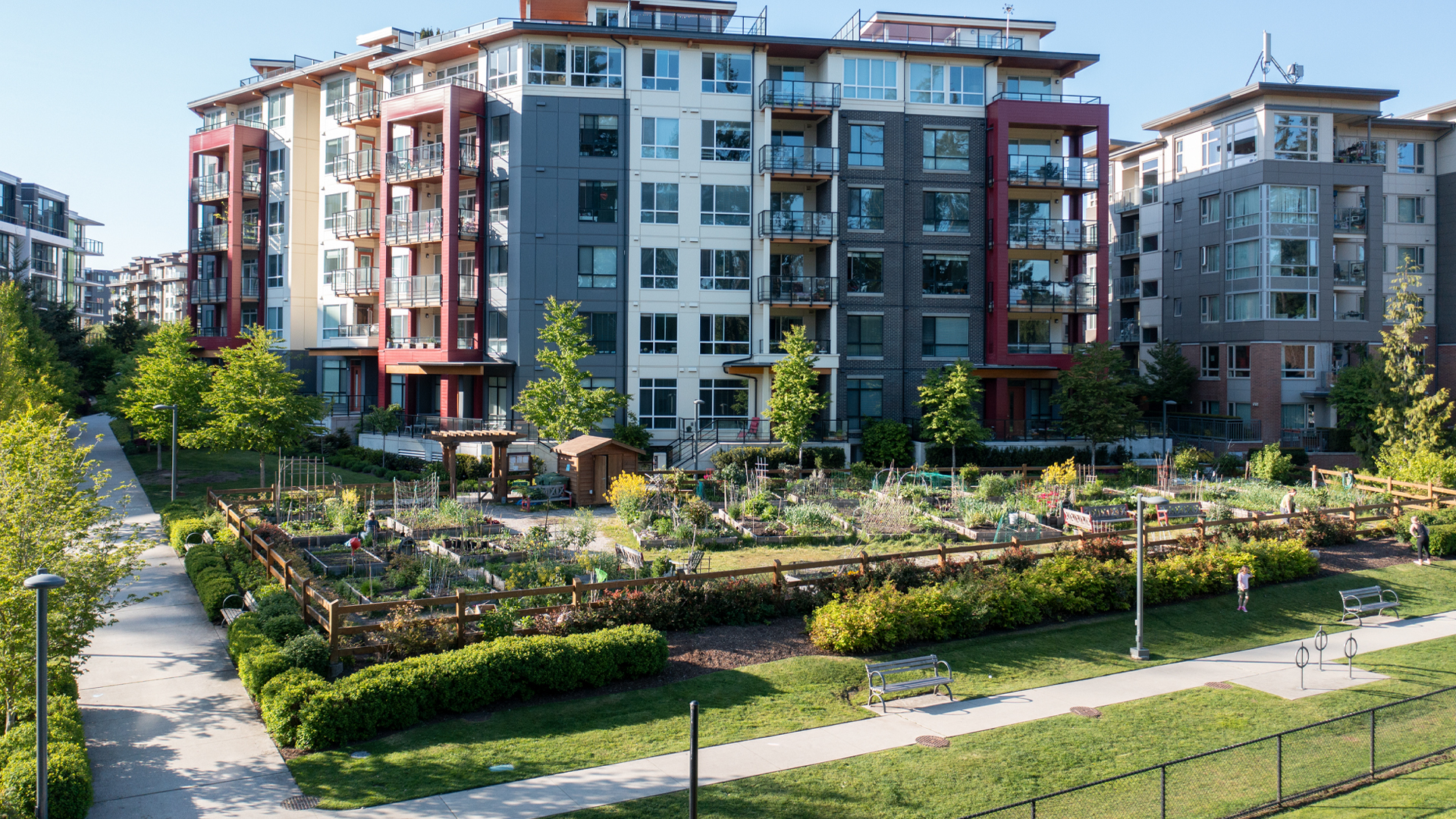With spring right around the corner, it’s the perfect time to start planning and planting your summer gardens.
Even if you don’t have one of the UNA’s coveted community garden plots, you still have lots of options for what you can plant on your balcony, terrace, or even inside your home.
The first step in is figuring out what kind of plants you want to grow—do you want a flower, vegetable, or herb garden? Or do you want a mixture?
Based on the kind of environment your balcony can offer, you’ll then determine what plants you could grow.
Balconies are surprisingly versatile and can grow many kinds of plants, including shrubs, flowers, vegetables, and herbs. Mediterranean plants grow well on balconies, as do drought tolerant herbs like rosemary, thyme, sage, oregano, and bay. Strawberries and radishes are great for balconies as well and are easy for beginners to grow.
One of the best plants for novice balcony gardeners is lavender. It doesn’t require lots of care, has many potential uses, and bees love it. Lavender does need lots of sun to grow, so if your balcony doesn’t get lots of sun, this might not be the best plant for you.
When choosing which plants to grow on your balcony, there are a few things you should keep in mind. The most important is how much sun your balcony gets. Whether your balcony gets lots of sunlight or is mostly in the shade will determine which plants you can grow on it.
In addition, some plants are not suited to growing on balconies, like climbing plants, as they tend to be affected by wind. Before buying your plants, make sure they’re suited for the kind of environment your balcony offers.

If you’re planting your garden by seed, you will also want to consider when to plant them. Know when the last frost date in Vancouver is before you start growing, otherwise your plants can die if they’re grown too early. The last frost date varies in Vancouver—it is usually in March, but can fall between February 25th and April 10th. A good rule of thumb is to wait to start growing until temperatures are 10 degrees Celsius at night.
For Vancouver’s climate, growing smaller varieties of fruits and vegetables— like cherry tomatoes instead of beefsteak tomatoes—tends to lead to more success. This is because we have longer growing seasons, but less sun.
Personally, I grow mostly decorative plants inside my room. I’m definitely not a pro gardener, but if I could offer any advice it’s that you should make sure you get plants that are within your skill range. Get ones that require little care, because those ones will flourish (and won’t mysteriously die on you).
Most of the plants I grow are succulents, because they’re very low-maintenance. I also have a fern, a jade plant, a marble peperomia, a rubber tree, and a creeping inchplant.

If you’re stuck on which plants you should grow, check out the Grow Green Guide (growgreenguide.ca). This guide was put together by the UBC Botanical Garden and Metro Vancouver and can help gardeners pick which plants will do best in any given garden.
For those who may not want to garden on their balconies, they can apply through their UNA accounts for a plot in one of the community gardens, but keep in mind these gardens are incredibly popular.
In 2020, there was a big spike in waitlist applications, and it is only expected to get longer as more people move to campus. There are currently 602 people on the waiting and transfer list and only 246 plots. Nineteen plots are expected to be vacated in the next year. If you applied today, it would likely take 4-5 years to get a garden plot.
As of right now, there are no plans to add more garden plots. But given their popularity, hopefully more space will be set aside on campus for community gardens.
They could also be incorporated into new developments and neighbourhood plans, or vacant land waiting to be developed could be turned into temporary gardens, much like the City of Vancouver does.
There are many benefits associated with gardening. Spending time in nature, even if it’s just growing a small garden on your balcony, can be good for your physical and mental health.
I find my plants bring me a lot of joy. They’re not a lot of work, but they make my room feel much cozier. They bring a piece of nature inside.
With gardening, I think there’s a lot of benefits you can derive from it, some of which are not blatantly obvious when you begin but end up bringing you unexpected joy.
Gardening can also give your family delicious, nutritious fruits and vegetables to eat. With food prices going up, this option becomes ever more appealing.
Finally, gardening can also create opportunities for social connections. Especially in community gardens, gardening provides a way to connect with your fellow neighbours and to learn about food and nature alongside them.
With spring about to begin, now is the perfect time to take up gardening.
AMIE BERNAERDT IS A SECOND-YEAR STUDENT AT UBC WITH PLANS TO MAJOR IN CREATIVE WRITING OR ANTHROPOLOGY. SHE LIVES IN WESBROOK PLACE.
